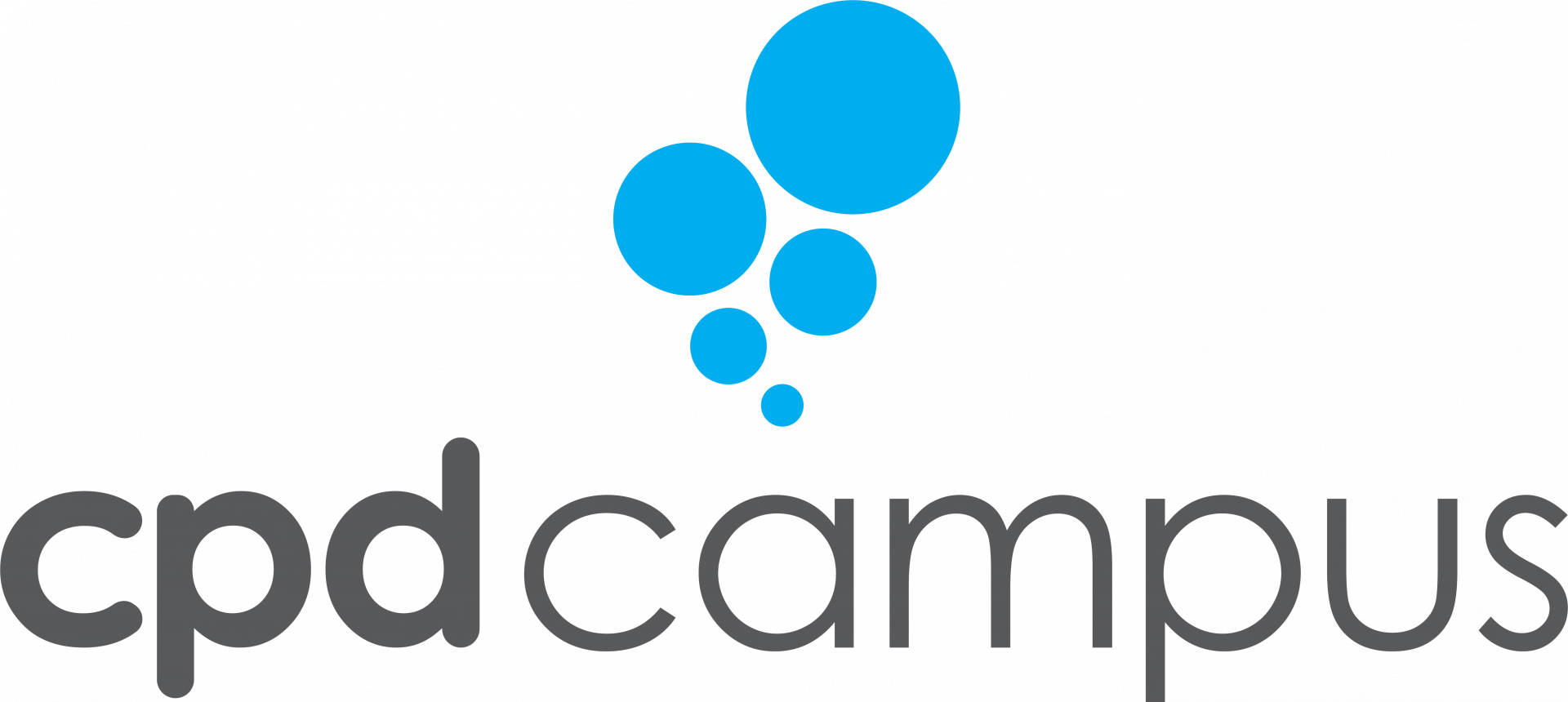On Thursday 9 March 2023, CPD Campus hosted former TenCent SA CFO, changemaker, digital transformationalist, and author Tramayne Monaghan, a chartered accountant (SA), to share his insights into the competency named “analytical thinking”. The South African Institute of Chartered Accountants (SAICA) defines analytical thinking as “the ability to identify patterns in information and to break complex problems into manageable parts that can be solved individually”. What was evident very early on in this thought-provoking discussion was the significant importance of thinking about HOW we think, and understanding the factors that play a role in the human thought process.
Interesting to note from the discussion was two of the major neural networks functioning in our brains, being the analytic network and the empathic network, and the fact that the average human being is normally wired NOT to be analytical in his/her thinking process. Yet, when you search the internet for the term analytical thinking, you inevitably reach articles stating that accountants are usually analytical in their thinking process. Despite this, it remains important to understand HOW we reach our decisions, and especially which mental (thinking) “model” we tend to migrate to when doing so, as each mental model, as with everything else, has its own benefits and disadvantages. The more we can increase our awareness about these, the better our pervasive decision-making process is bound to be!
Tramayne led attendees through certain of the most relevant mental (thinking) models, being:
- First Principle Thinking – find the essentials and core principles and build the decision/solution up from these.
- Occam’s Razor – a mental model that assumes that the simplest solution is often the correct one and that decision-making should not be complicated.
- Feynman’s Technique – you can only really say that you understand the problem and its solution if you can teach/explain it to someone else, and in doing so convincing them of your argument in the process.
- Inversion Theory – the mental model that requires one to turn the problem upside down, start at the end, and work backwards to find the solution.
- Second-order thinking – in this model, we consider the first-order impacts, but take the decision-making process one step further into the future, thereby increasing success and reducing uncertainty.
As you can see from the above, these mental thinking models are fascinating, especially when one starts wondering which one applies to you!
There are apparently 180 known biases that have been documented. Imagine the impact of these on our decision-making processes! Tramayne investigated which unconscious cognitive biases we, also as accounting professionals, may possess, which could very easily hinder us, even unconsciously, in our decision-making process to reach the most appropriate solution for an identified problem. The following biases stood out:
- First conclusion bias – this bias causes the first idea to stick in our brains, and in doing so we make many assumptions in the process. The disadvantage of this bias is that we don’t open our thinking process to other possibilities and questioning the logic of the suggested solution tends to cease quite quickly.
- Confirmation bias – this bias causes us to believe what we want to believe, and therefore we (sometimes blindly) embark on a mission to find evidence that supports our belief, where evidence to the contrary may be (even unconsciously) ignored.
Appropriately concluding with the following quote, Tramayne highlighted the importance of BEING CONSCIOUS IN OUR THINKING by consciously understanding how we think and consciously identifying the cognitive biases that may play their role in adversely affecting our decision-making process:
“It is in the admission of ignorance that there is a hope for the continuous motion of human beings in some direction that doesn't get confined, permanently blocked…” - Richard Feynman


